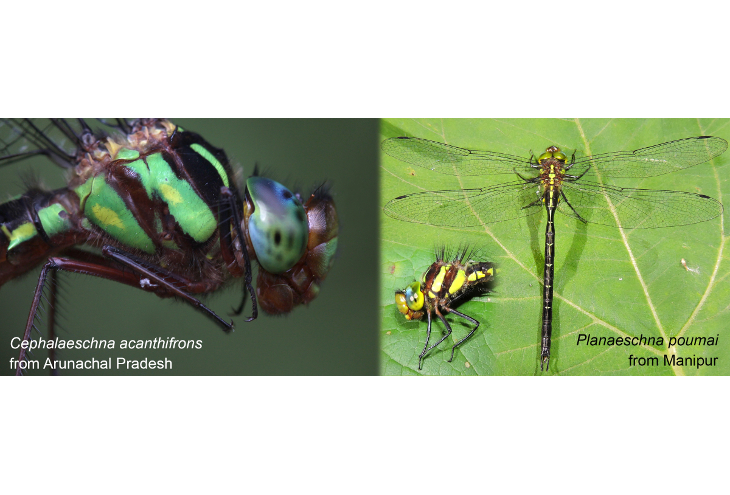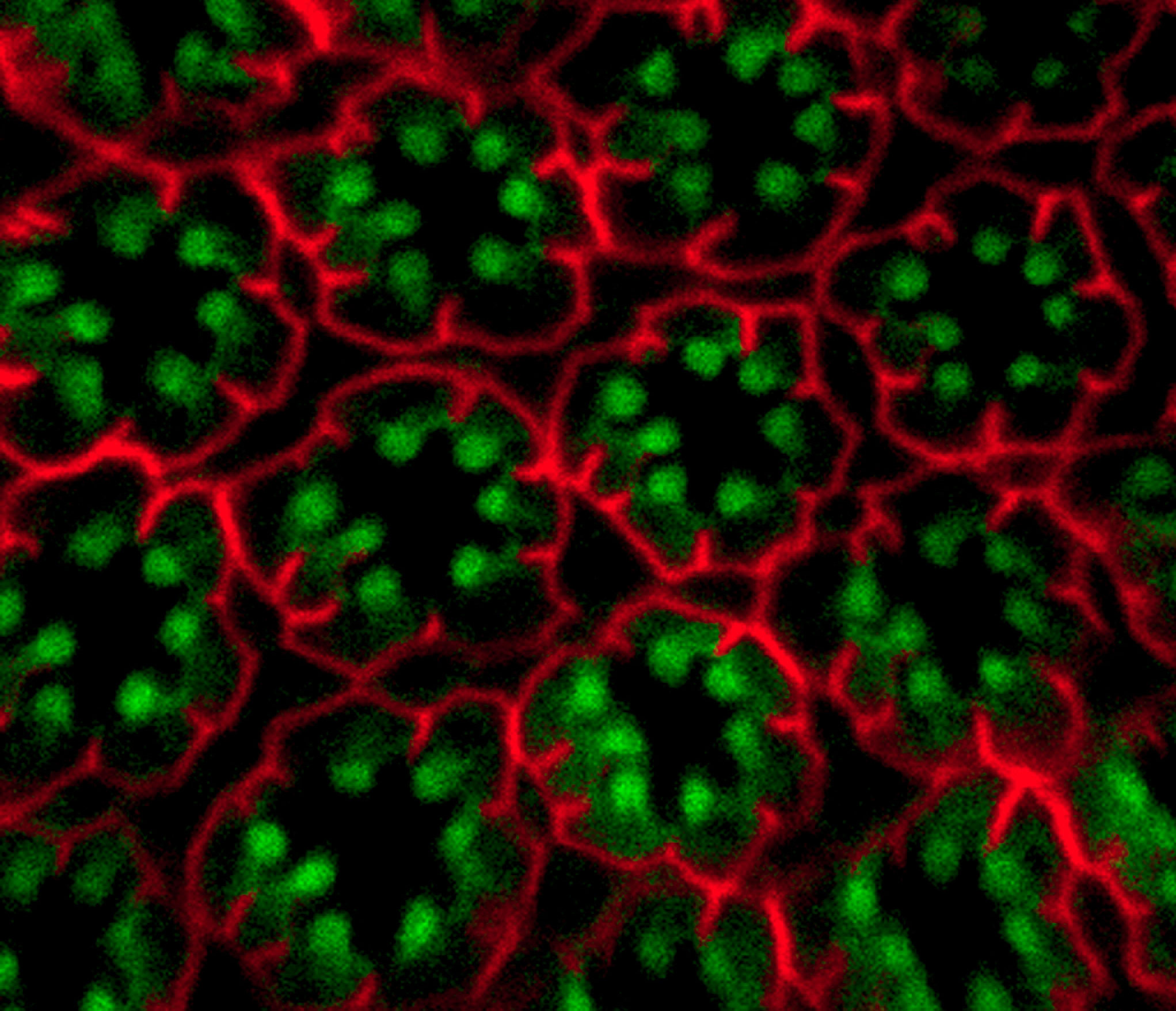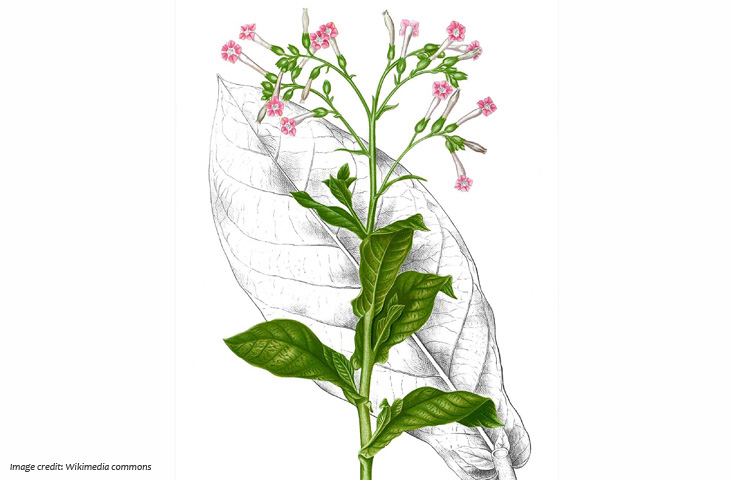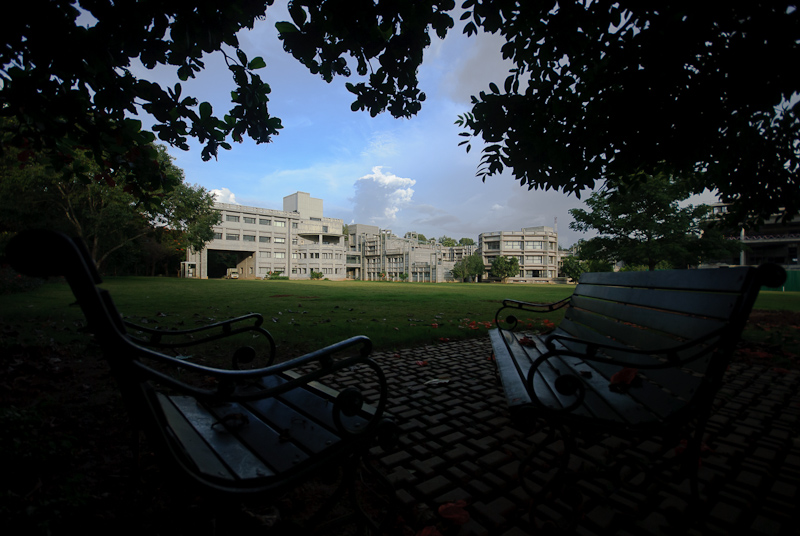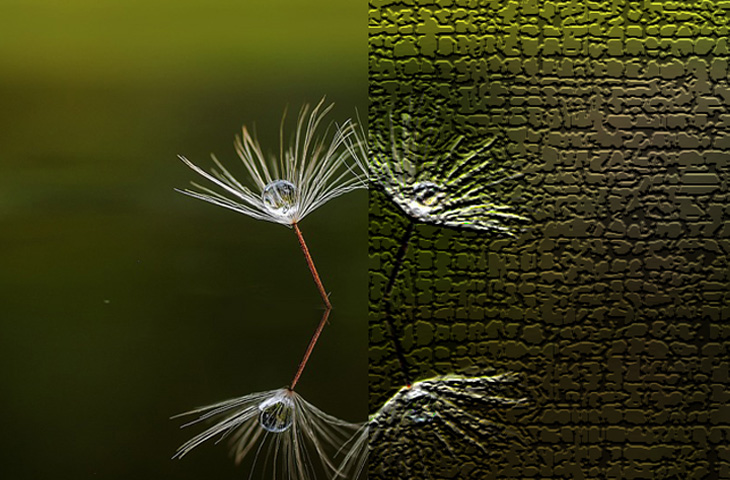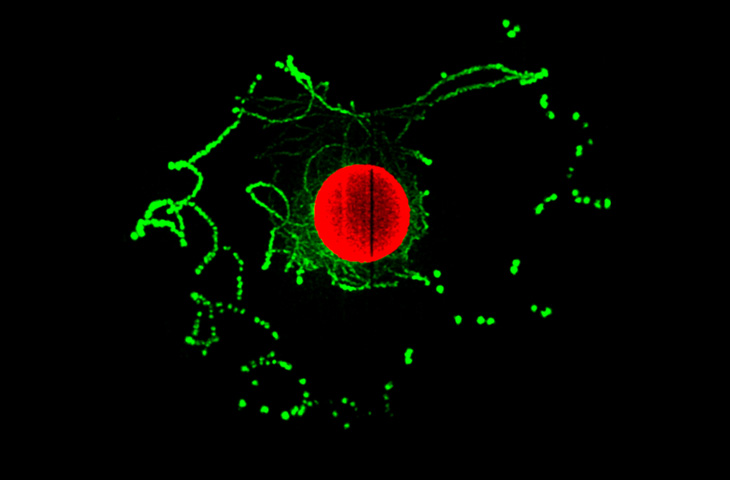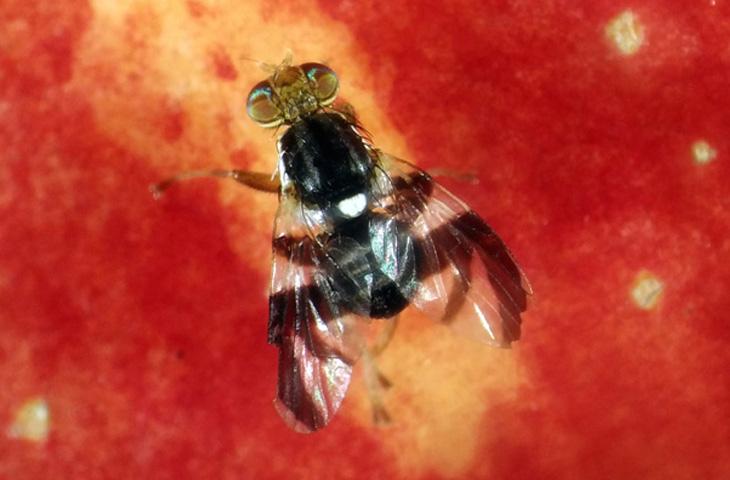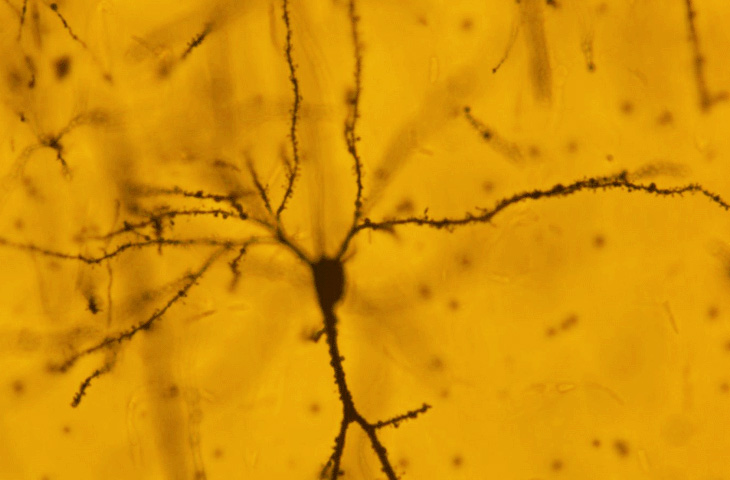-
TWO NEW SPECIES OF DRAGONFLY DISCOVERED IN NORTH-EASTERN INDIA
The Himalaya and north-eastern India are very important biodiversity hotspots in the world. They are also relatively less explored in recent times, although new research efforts are intensifying in documenting biodiversity in this region. These efforts are paying big dividends, with many species that are new to science being discovered in these remote parts. The latest discovery of two new dragonfly species, named Cephalaeschna acanthifrons and Planaeschna poumai, was announced today by Mr. G. N.
-
NCBS welcomes new faculty member: Vinothkumar Kutti Ragunath
The National Centre for Biological Sciences is delighted to welcome Dr. Vinothkumar Kutti Ragunath who joins the Centre as its newest faculty member.
-
A novel regulator of membrane logistics
A novel regulator for membrane traffic in cells has been discovered by a team of scientists from the National Centre for Biological Sciences (NCBS), Tata Institute for Fundamental Research (TIFR) and the Babraham Institute. The molecule, Phosphatidylinositol 5-phosphate 4-kinase or PIP4K is a molecular overseer of membrane dynamics that functions as a negative regulator of endocytosis.
-
Taming a molecular mustang
Horse taming does not generally come to mind in connection with molecular biophysics, where one studyies the shape, structure and dynamics of proteins and DNA. However, scientists from the National Centre for Biological Sciences (NCBS) in India and the National Cancer Institute (NCI), USA, have found two enzymes that interact with each other in a manner somewhat like a trainer taming a wild mustang.
-
One gene to rule them all
Plants are sessile and they are constantly in a struggle with their environment. Most plants have developed elaborate mechanisms to counter a variety of environmental stresses, be it pathogens, or unfavorable soil and climatic conditions. However, when plants were converted into crops, most of their energy was diverted towards making more grains. This selection pressure forced crop plants to give up their natural ability to manage environmental stresses. This is the single biggest reason for crop failure due to environmental stresses.
-
Kiran Mazumdar Shaw provides Endowment support to the Bangalore Life Science Cluster campus
Noted biotechnology entrepreneur and philanthropist, Dr Kiran Mazumdar Shaw, has provided Rs 5 crores as Endowment funding support, to the Bangalore Life Science Cluster, for advancing modern biological research.
With NCBS-TIFR turning 25, an Endowment Fund is being launched with a goal of reaching Rs 25 crores to mark the success of the past 25 years. Dr. Shaw’s announcement comes as a generous and much-needed boost to seed this Fund directed towards the growth of scientific capabilities at the extended NCBS-TIFR campus.
-
Another step in understanding antipsychotic medication
After much deliberation and anxiety, the family finally sought psychiatric help for their son. And the results were in a way, a relief. The doctors’ verdict was that their child, their teenage son, was suffering from bipolar disorder. His wild mood swings between hyper-enthusiastic activity and deep depression were treatable.
-
Worms farming bacteria could help model complex natural events
Dans les champs de l'observation le hasard ne favorise que les esprits préparés.
In the fields of observation, chance favors only the prepared mind.
- Louis Pasteur
-
The rise of the apple maggot fly – how an altered sense of smell could drive the formation of new species
“Two months ago, we were congratulating ourselves on a fair crop of winterapples. To all appearance, they were freer from worms than we had known them
-
The late effects of stress: New insights into how the brain responds to trauma
Mrs. M would never forget that day. She was walking along a busy road next to the vegetable market when two goons zipped past on a bike. One man’s hand shot out and grabbed the chain around her neck. The next instant, she had stumbled to her knees, and was dragged along in the wake of the bike. Thankfully, the chain snapped, and she got away with a mildly bruised neck. Though dazed by the incident, Mrs. M was fine until a week after the incident.
Then, the nightmares began.


